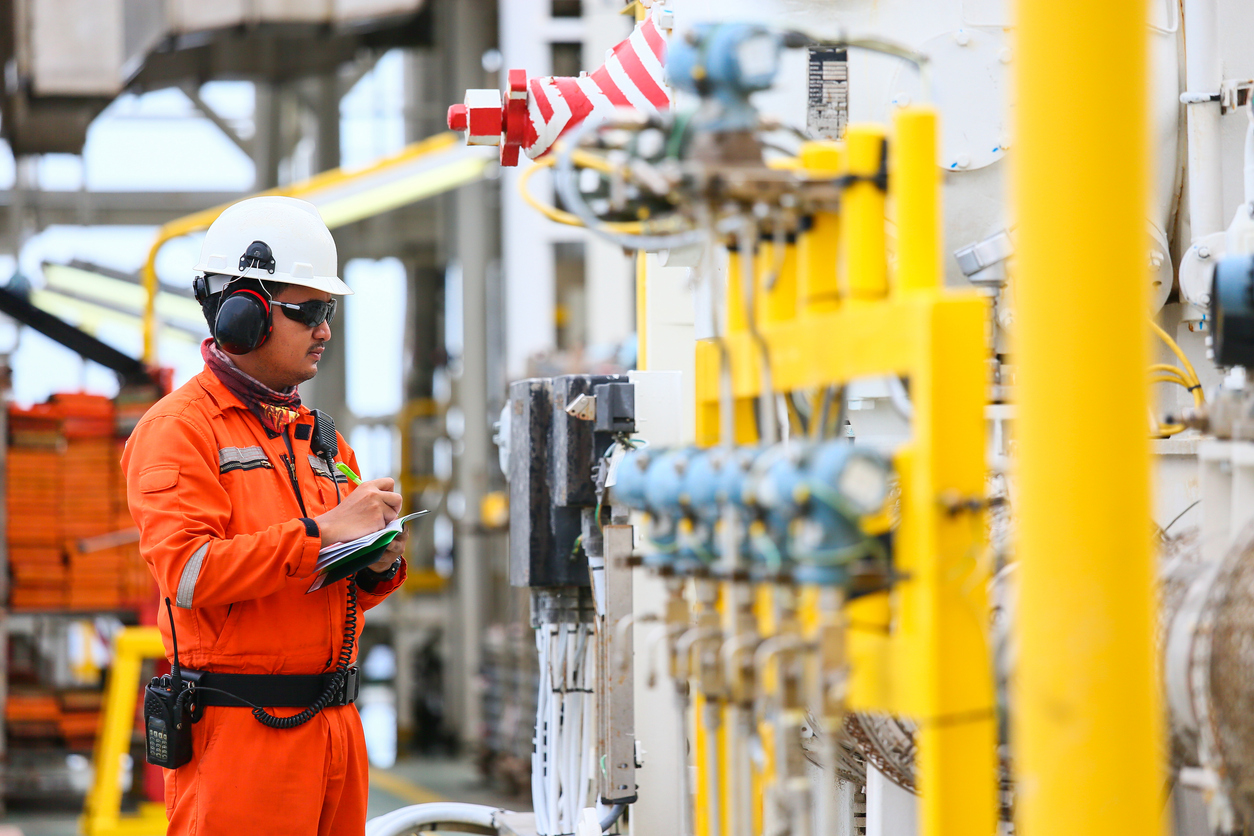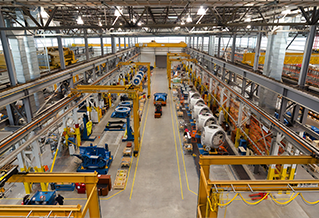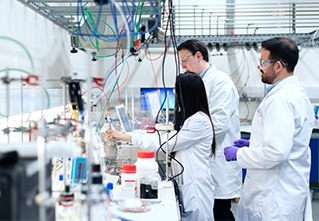Discover the 5 Myths Sabotaging Your Hiring Strategy
Get Access
-
-
Why Ropella
TRUSTED BY
- What We Do
-
Who We Serve
Who We Serve
TRUSTED BY
- Opportunities
- Insights
-
Contact
Contact
TRUSTED BY
-
Join Our Team
Join Our Team
TRUSTED BY
- Fill A Position
- Find A Position





















